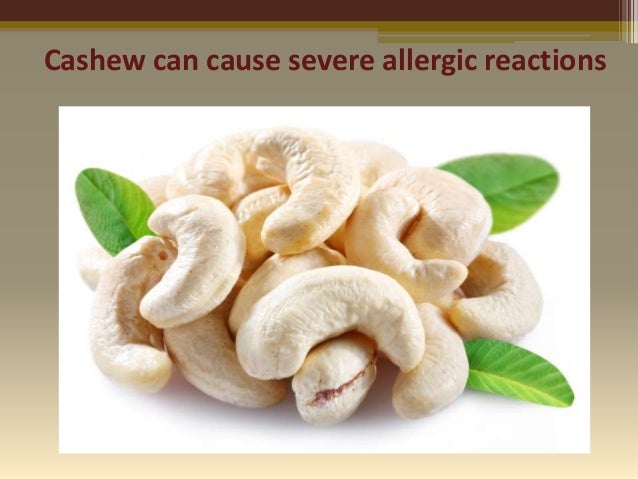

The disease usually appears before age thirty and can affect anyone. It is caused by a faulty immune system response which makes the body attack the lining of the intestines. Colon, rectal, or anal tumors: As well as the radiation therapy that may be used to treat them.Ĭrohn's disease is an inflammation of the bowel.Proctitis: This is inflammation of the lining of the rectum.These are most often due to chronic, ongoing constipation and the subsequent straining. Rectal ulcers: These are sores within the lining of the rectum.The following are more rare, although possible, causes of rectal bleeding. Sexual activity of any kind that causes trauma to the anus and/or rectum: This includes infection with sexually transmitted diseases that damage these tissues.Polyps: These are benign growths in the wall of the intestine and can become malignant if not removed.Bowel diseases: Many cause irritation and inflammation of the lining of the intestines.The following are less likely to cause rectal bleeding. These enlarged veins can bleed easily under additional pressure, such as when you are having a bowel movement.
#CASHEW ALLERGY ANAL SKIN#
Hemorrhoids: These are swollen veins either inside the rectum or beneath the outer skin of the anus.Anal fissures: Fissures are tearing and bleeding of the rectal or anal tissue.The most common causes of rectal bleeding include the following. However, bowel diseases, sexual activity, sexually transmitted infections, and tumors of the rectum or anus can also cause bleeding. The most common are those involving constipation and hemorrhoids. Many conditions can have rectal bleeding as a symptom.
 Potentially serious: If there is rectal pain or bleeding that become chronic, especially with other symptoms of intestinal illness, you should see your medical provider for treatment. Not serious: Occasional blood, especially in the presence of hemorrhoids and/or constipation, is most likely not serious. The severity of rectal bleeding is ultimately dependent on the cause. Bleeding may also occur when there is chronic diarrhea because of irritation and inflammation of tissues. Rectal bleeding often begins with chronic constipation from the straining and pressure on the walls of the rectum. When is rectal bleeding most likely to occur? Children can also experience rectal bleeding especially with severe and chronic constipation or diarrhea. Who is most often affected by rectal bleeding?Īdults over age 40 are probably most often affected. Chronic: Chronic rectal bleeding may happen on and off for months or years, with only a small amount of blood present. Acute: An acute episode of rectal bleeding is one that occurs suddenly. Rectal bleeding may be acute or chronic depending on the cause. Black or maroon stools: If the blood is coming from higher up in the intestine contained within the stools, the stools will appear black or maroon in color. Bright red blood coming from the rectum: This most commonly appears during a bowel movement or right after. If you're experiencing rectal bleeding, it can likely be described by: Common characteristics of rectal bleeding Some causes are serious, but most of the time the bleeding is not dangerous and can be treated. It may be shocking to notice bright red blood in the toilet bowl or on the toilet tissue however, rectal bleeding is more common than you think.
Potentially serious: If there is rectal pain or bleeding that become chronic, especially with other symptoms of intestinal illness, you should see your medical provider for treatment. Not serious: Occasional blood, especially in the presence of hemorrhoids and/or constipation, is most likely not serious. The severity of rectal bleeding is ultimately dependent on the cause. Bleeding may also occur when there is chronic diarrhea because of irritation and inflammation of tissues. Rectal bleeding often begins with chronic constipation from the straining and pressure on the walls of the rectum. When is rectal bleeding most likely to occur? Children can also experience rectal bleeding especially with severe and chronic constipation or diarrhea. Who is most often affected by rectal bleeding?Īdults over age 40 are probably most often affected. Chronic: Chronic rectal bleeding may happen on and off for months or years, with only a small amount of blood present. Acute: An acute episode of rectal bleeding is one that occurs suddenly. Rectal bleeding may be acute or chronic depending on the cause. Black or maroon stools: If the blood is coming from higher up in the intestine contained within the stools, the stools will appear black or maroon in color. Bright red blood coming from the rectum: This most commonly appears during a bowel movement or right after. If you're experiencing rectal bleeding, it can likely be described by: Common characteristics of rectal bleeding Some causes are serious, but most of the time the bleeding is not dangerous and can be treated. It may be shocking to notice bright red blood in the toilet bowl or on the toilet tissue however, rectal bleeding is more common than you think.






 0 kommentar(er)
0 kommentar(er)
